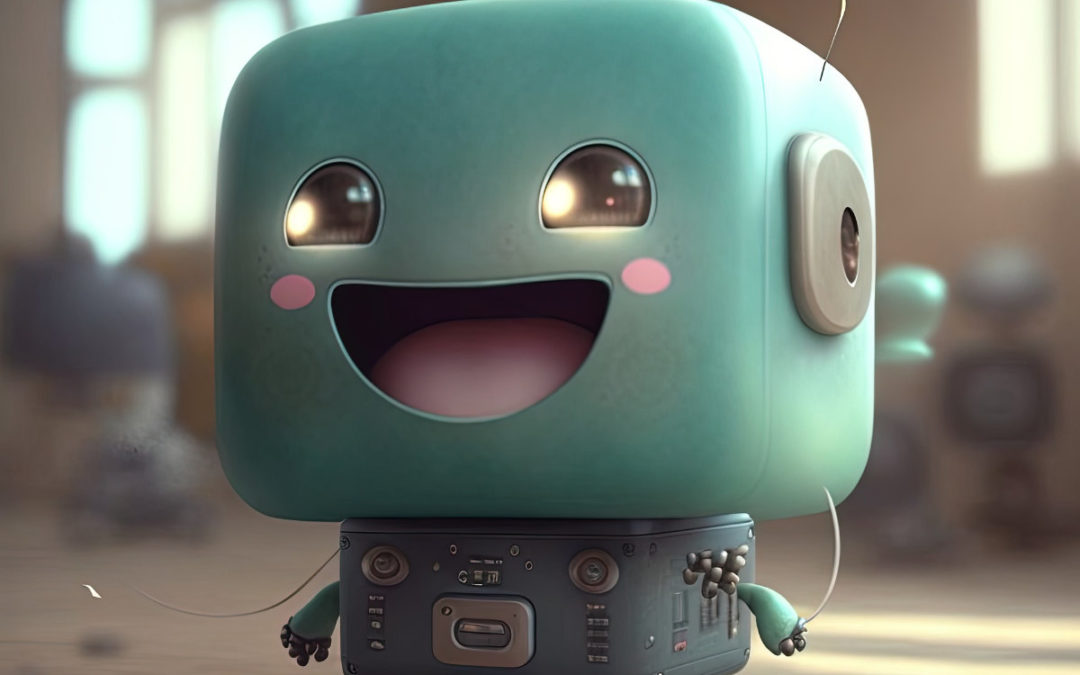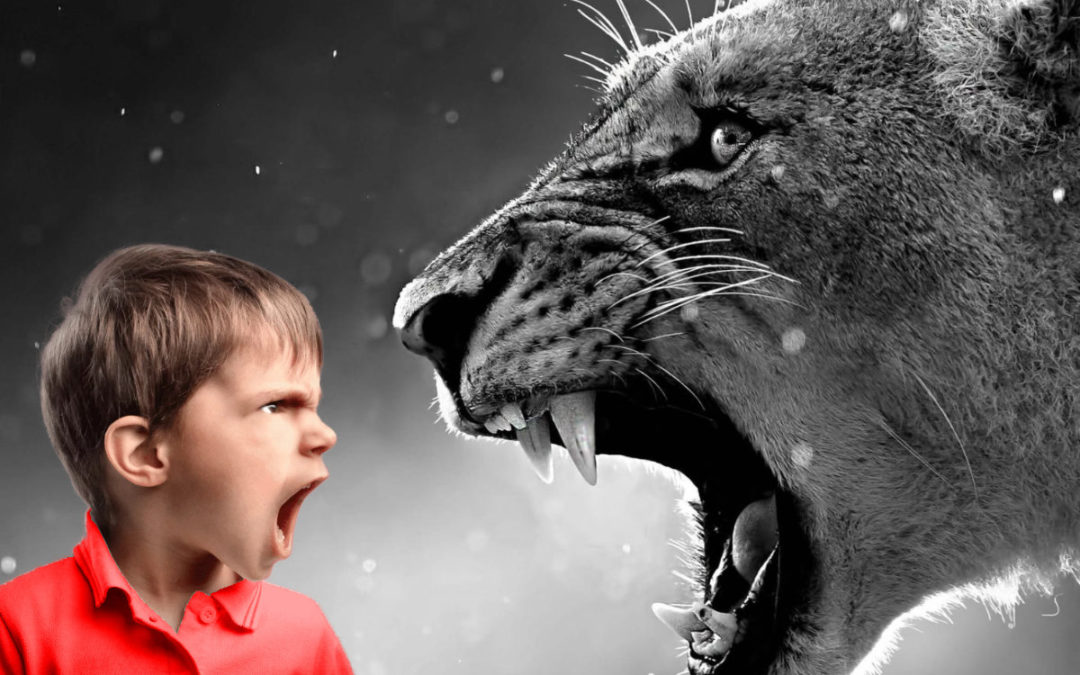
The emotions
Emotions play a major role in our health.
 The human being is a fundamentally emotional being. Our environment, our relationships, the difficulties we go through condition our mood. Our emotions, if they overwhelm us, can make life difficult for us. What is less known is that they have a direct impact on our health.
The human being is a fundamentally emotional being. Our environment, our relationships, the difficulties we go through condition our mood. Our emotions, if they overwhelm us, can make life difficult for us. What is less known is that they have a direct impact on our health.
Chinese medicine has always included emotions in its diagnosis and therapy. Because our health also depends on our emotional balance. Therefore, any chronic emotional imbalance is a factor of disease. Today, there are countless disorders caused by emotional disorders.
We are sensitive beings. Through our five senses, we are connected to our environment and interact with it constantly. We are affected by what we see, hear, smell or touch… Scents, images, sounds are all vectors of information. This information will generate feelings, emotions. Hearing a car alarm breaking our ears will trigger irritation, while a melodious bird song will make us happy.
The way we react to these external factors depends on our own filters, which are themselves linked to our personality and our history. For example, a love song will stimulate joy in someone who has danced to it with a loved one. But it may awaken sadness in another person who listened to that song on the day a loved one left.
A perpetual bath of emotion
Moreover, we live in society and are also affected, whether we feel it or not, by the emotions of those around us. Let’s realize how contagious laughter is! This is true for joy, but it is also true for fear, sadness and of course anger.
Chinese medicine identifies two main causes of illness: external and internal. The external cause includes social relationships, weather and the influence of pathogens, while the internal cause is attributed to emotions.

Emotional imbalances
In TCM, each emotion is linked to an organ. Therefore, an emotion experienced in excess or for too long can generate an imbalance in the functioning of the associated organ, and vice versa. A weakened organ will generate an emotional imbalance.
The pathologies generated by an emotional imbalance will therefore depend on the emotion concerned.
Of course, it is natural, and even healthy, to feel and express the full range of emotions. An emotion only becomes a source of imbalance if it is :
- experienced over a prolonged period of time,
- or with a particular intensity,
- it is repressed.
TCM lists 5 main emotions, each associated with one element and one organ. They are briefly described below (more details on each by clicking on the link).
Anger
Anger is related to the wood element, and to the liver. It is a rising energy, powerful and explosive.
By its nature, anger causes a rise in energy (qi), which manifests itself as a red face. It should be noted that many people do not admit that they are angry. However, those around them will sense the anger emanating from them. Psychopaths as another example are very good at projecting their anger onto their victims and making them explode. Chinese medicine calls this energy surge “liver fire”. This often leads to headaches.
Joy
Joy is related to the element of fire, and to the heart. It is an energy that radiates, like the sun.
Joy does not cause trouble, but over-stimulation or over-excitement is a sign of a malfunctioning heart. Thus a person who only seeks pleasures in life (partying, overeating) may develop heart imbalances with palpitations, anxiety and insomnia because the heart is the seat of the mind (Shen). This may manifest itself in excessive or inappropriate laughter.
Anxiety
Anxiety or worry is associated with the earth element, and the spleen. Mental rumination, excessive worries or thoughts are signs of an imbalance of the earth element.
This can result in digestive disorders, sleep disorders, difficulties in concentrating or remembering, menstrual cycle disorders, and even chronic fatigue. This is one of the most common emotional imbalances, especially in this day and age when the intellect is overstretched.
Sadness
Sadness is associated with the metal element, and the lungs. It will therefore primarily affect the lungs, causing fatigue, shortness of breath, crying or depression.
Fear
Fear is associated with the water element, and the kidneys. Chronic fear, which can be likened to anxiety, can eventually exhaust the kidneys. This leads to fatigue and back pain, two very common manifestations. Today, the media conveys fear en masse. As a result, many people are insecure about their professional or financial future.
Extreme fear can lead to uncontrolled urination. In children, this can also manifest itself as bedwetting, which is related to insecurity and anxiety.
Treatment
Chinese medicine will treat these imbalances by using one or more of its techniques: acupuncture, medicinal plants… This will have a beneficial impact on the patient’s emotional state.
However, if the patient is experiencing a situation that maintains the imbalance, it will be difficult to heal in the long term. He will then have to implement solutions to reduce the triggering factors and also learn to manage his emotions.
We will come back in detail on the solutions for a better emotional balance in a future article.
Emotional shock
Emotional shock results from a traumatic event that overwhelms the person affected. The person is directly affected emotionally. This trauma can cause significant after-effects in the more or less long term. It often encourages a slow slide into depression.
An emotional shock will be linked to an event: mourning, accident, family problem, disappointment in love… It will be expressed in different ways: either a psychic stupefaction, or a disordered agitation. The individual, under the shock, can also be subject to a psychic dissociation. He will then function in robot mode without any reflection.
Moreover, if the emotional shock can be forgotten in a few hours or days, it can be reactivated several months later, following a new triggering event. This is called post-traumatic stress disorder.
This shock, depending on the emotion generated, will profoundly affect the related organ.
In case of great fear, the kidneys will be affected. The kidneys are one of the most important organs because they are the basis of our vital energy. In case of sadness, the lungs will be affected first. As all the organs are interconnected, other organs will become unbalanced and pathologies may appear.
For example, there will be lower back pain, even herniated discs or sciatica. For others, the respiratory system will be affected. Some people will feel suffocated in certain situations. Introverts may experience digestive system dysfunctions.




